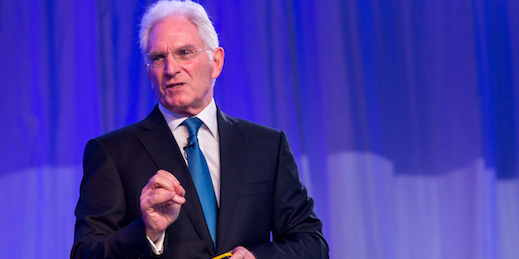Dr. Nasser Saidi’s comments on the Lebanese protests and closure of banks appeared in the article “Lebanon’s shuttered banks bracing for dollar run” published by Asia Times on 25th Oct 2019.
The full article can be accessed at: https://www.asiatimes.com/2019/10/article/lebanons-shuttered-banks-bracing-for-dollar-run/
Comment are posted below:
“It was a mistake to close the banks,” Dubai-based economist Nasser Saidi told Asia Times by phone.
“When you shut down the banks, you create a crisis of confidence because people feel they can no longer access their deposits, so when it opens they will want to access their deposits.”
“What you can expect is a rush on the banks, if not a run on the banks” when they finally re-open, Saidi added.
Already, “people are worried about capital controls. You are already seeing a black market or parallel market for Lebanese pounds, and it is increasingly difficult to convert pounds to dollars, if not impossible.”
Economist Saidi says he does not believe Lebanon is at “imminent” risk of default.
“The Central Bank and Lebanese banks own something like 90% of the debt … they have a lot of skin in the game,” he said.
For Saidi, confidence in the ruling elite is beyond repair, and a new musical chairs of political faces would most certainly deepen the crisis amidst already depleted confidence in the system.
“They need to have a new government in place as quickly as possible with the main portfolios in the hands of technocrats – not political appointees – and they need to put together as quickly as possible a macro financial fiscal plan to rescue Lebanon. That is the priority right now to avoid the meltdown,” he said.
“You cannot expect the people who are source and origin of the problem to reform. You need fresh blood. Besides that, I don’t think they have the technical expertise to deal with Lebanon’s fiscal and debt problems,” Saidi added.
The key word, besides technocrat, will be independent, as past technocrats appointed by political movements were still beholden to those superiors.
Lebanon’s political elites control vast chunks of equity in the banks, 50% of whose deposits are owned by the top 1%.
“Any default will wipe out the equity of the banks, and their own deposits are at risk, so it is in their own self-interest that a government of technocrats comes in and helps solve the problem they created,” said Saidi.






